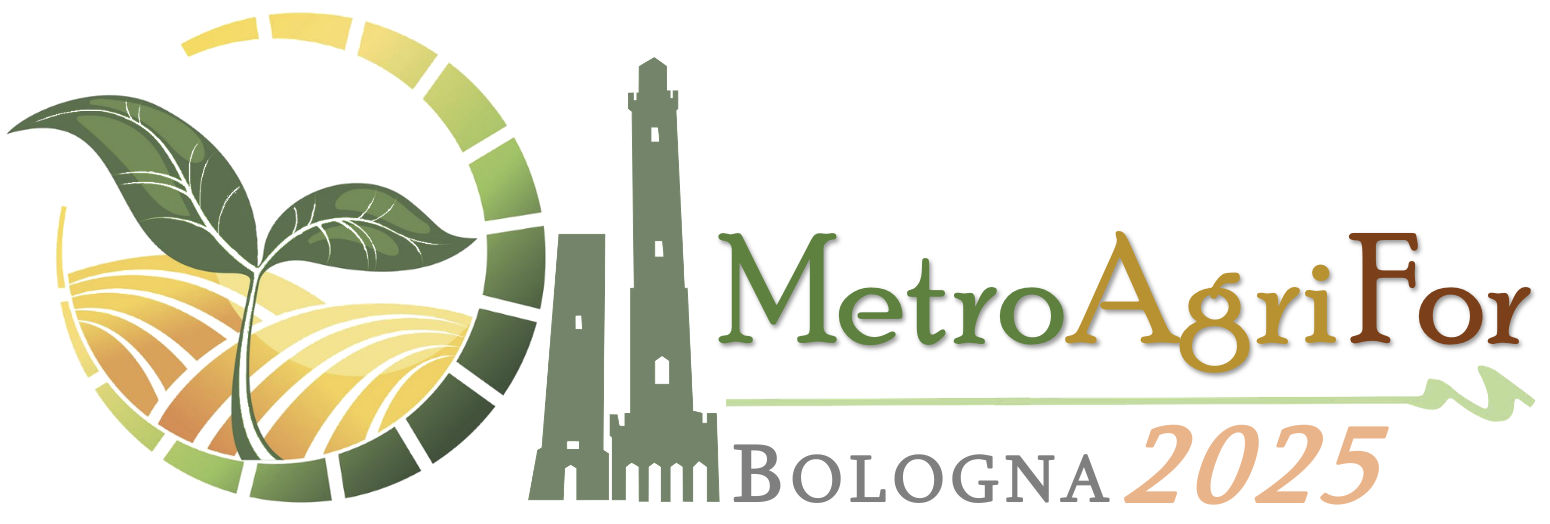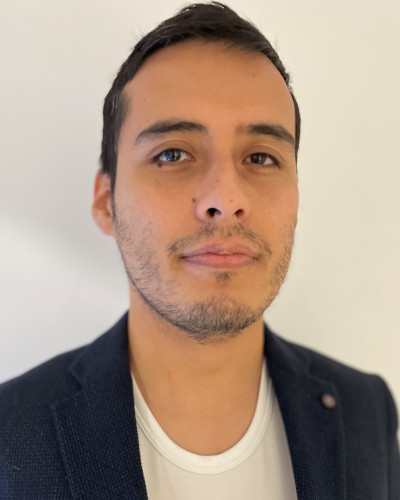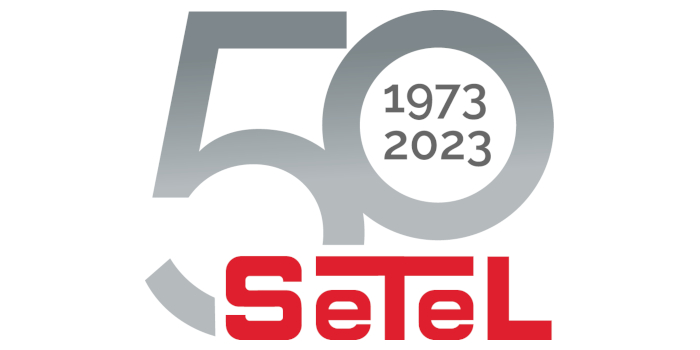SPECIAL SESSION #10
Advancements on Agriculture using Electromagnetic-based Techniques and Devices
ORGANIZED BY
David Rodriguez-Duarte
Polytechnic University of Turin, Italy
Matteo Bruno Lodi
University of Cagliari, Italy
ABSTRACT
Electromagnetic-based techniques are increasingly being applied in innovative ways across agriculture, forestry, and food industries, progressing from laboratory research to field-ready solutions. This Special Issue aims to gather recent advancements in electromagnetic stimulation, characterization, sensing, and imaging for agricultural and environmental applications. Topics of interest include, but are not limited to, the use of microwaves and other electromagnetic modalities for soil and crop monitoring, compost production, tree health assessment, food safety, and productivity enhancement in precision agriculture. Submissions may also explore the integration of nanoparticles, advanced signal processing, and calibration methods tailored for agro-environmental sensing. Contributions addressing experimental studies, numerical modeling, and AI-enhanced interpretation of electromagnetic signals are particularly welcome. By highlighting the role of non-invasive sensors, smart monitoring systems, and metrology-assisted processes, this Special Issue seeks to promote interdisciplinary collaboration and provide a platform for researchers, engineers, and practitioners to share emerging trends and novel findings that support the transition to more efficient and sustainable agricultural and forestry practices.
ABOUT THE ORGANIZERS
David O. Rodriguez-Duarte, (Member, IEEE) received the B.Sc. and M.Sc. degrees in electronic engineering from Universidad Nacional de Colombia, Bogota, Colombia, in 2013 and 2018, respectively, and the Ph.D. degree from the Department of Electronics and Telecommunications, Politecnico di Torino, Turin, Italy, in 2022, where he is currently Assistant Professor, focusing on applied electromagnetics to biomedical and agro-industrial problems. He is a mentor in the 2023 IEEE EMBS and the 2024 European Association on Antennas and Propagation (EurAAP) Mentorship Programs and was convener of the session "Advances in Electromagnetic Diagnostics, Therapeutics and Biomedical Sensors" at the European Conference on Antennas and Propagation (EuCAP2023). He has been a Marie Sklodowska-Curie Early-Stage-Research Fellow in the European project EMERALD. In 2017, he was a visiting researcher at the University of British Columbia, Okanagan, BC, Canada, funded by the Emerging Leaders in the Americas Program. He received the IEEE APS Postdoctoral Fellowship in 2022. He was awarded the best undergraduate thesis of the electronics department in 2013, the Second Prize in the Student Paper Competition in the 2021 URSI GASS, the AP-S Tapan Sarkar Best Student Paper in 2021 IEEE CAMA, the C. J. Reddy Travel Grant for Graduate Students in IEEE AP-S/URSI 2021, the best Propagation Paper finalist in EuCAP2022, the Young Scientist Award (YSA) at the URSI AT-AP-RASC in 2022, and a finalist for YSA at 2023 URSI Spain National Symposium.
Matteo Bruno Lodi, (Member, IEEE) received the B.Sc. in biomedical engineering from the University of Cagliari in 2016, the M.Sc. in biomedical engineering from Politecnico di Torino, Turin, Italy, in 2018, and the Ph.D. (Hons.) degree in electronic engineering and computer science from the University of Cagliari, in 2022. From 2022 to 2023, he was a Technologist with Electromagnetic Group, University of Cagliari, where he is currently an Assistant Professor (tenure track). His research interests include the modeling of bioelectromagnetic phenomena, especially RF and MW hyperthermia treatment, and the use of microwaves for biotechnology and agri-food applications while working in the design and characterization of antennas for space and wearable applications.
Dr. Lodi was the recipient of the Roberto Sorrentino Young Scientist award at the 2022 Italian URSI Assembly, Young Scientists Award at the General Assembly and Scientific Symposium of URSI in 2020 and 2021, co-author of the “2021 IEEE IST Best Student Paper Award”. In 2022, he was appointed as the Representative of the IEEE Nanotechnology Council Young Professionals. He is part of the NTC technical committee (TC2) Nanobiomedicine.








